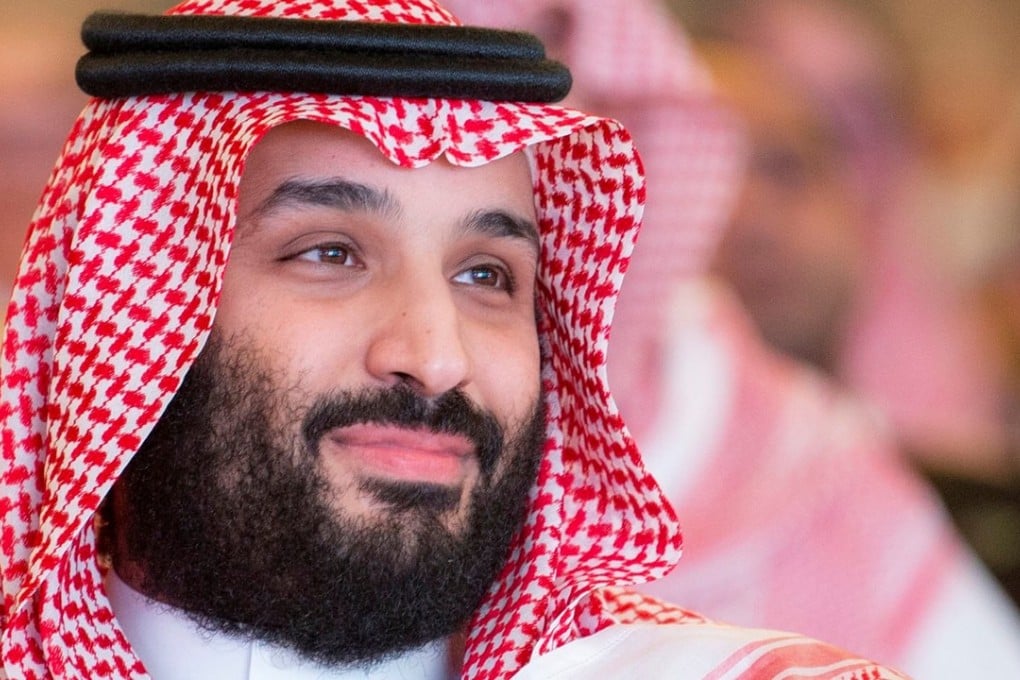Advertisement
Khashoggi killing: as Saudi turns to China, for MbS it’s business as usual
- The world’s claiming to be outraged at journalist’s killing, but it hasn’t stopped Riyadh signing US$50 billion worth of deals with international firms
- Meanwhile, Saudi Arabia is already firming ties with Russia and China
Reading Time:4 minutes
Why you can trust SCMP

The warning signs were flashing long before Saudi Crown Prince Mohammed bin Salman’s image as the reformer who would take his kingdom into the 21st century was severely tarnished – at least in the West and a smattering of Muslim nations – by the murder of journalist Jamal Khashoggi.
Advertisement
There was his insensitivity to mounting criticism of the military campaign in Yemen, led by Saudi Arabia and the United Arab Emirates, that sparked one of the worst humanitarian crises since the second world war; the debilitating boycott of Qatar; the mass detention and shakedown of hundreds of members of the ruling family and prominent businessmen in a power and asset grab; the confinement of Saad Hariri in an ultimately failed attempt to force the Lebanese prime minister to resign; the arrest of a large number of Islamic scholars, intellectuals and activists, including women who had campaigned for his lifting of the ban on women driving; and the diplomatic crisis with Canada over a tweet criticising the kingdom’s human rights record.
Taken together with the killing of Khashoggi in Saudi Arabia’s Istanbul consulate, the signs suggest the 33-year old prince seemingly lacked an understanding of the limits of power and the best ways to wield it. The prince’s critics interpreted his actions as a reflection of his impetuousness, willingness to take risks and gamble without having a credible exit strategy, refusal to tolerate any form of criticism, and his ruthlessness.
But until Khashoggi’s disappearance, Western leaders, including US President Donald Trump and British Prime Minister Theresa May, were willing to look the other way and eager to maintain military, energy and other commercial relations.
Prince Mohammed fit the bill. His youthful energy set him apart from the kingdom’s ailing, octogenarian leaders; he was someone believed to intuitively understand the aspirations of Saudi youth – who account for some 60 per cent of the population – and who would be able to communicate with them in ways his elders could not.
Advertisement

Advertisement